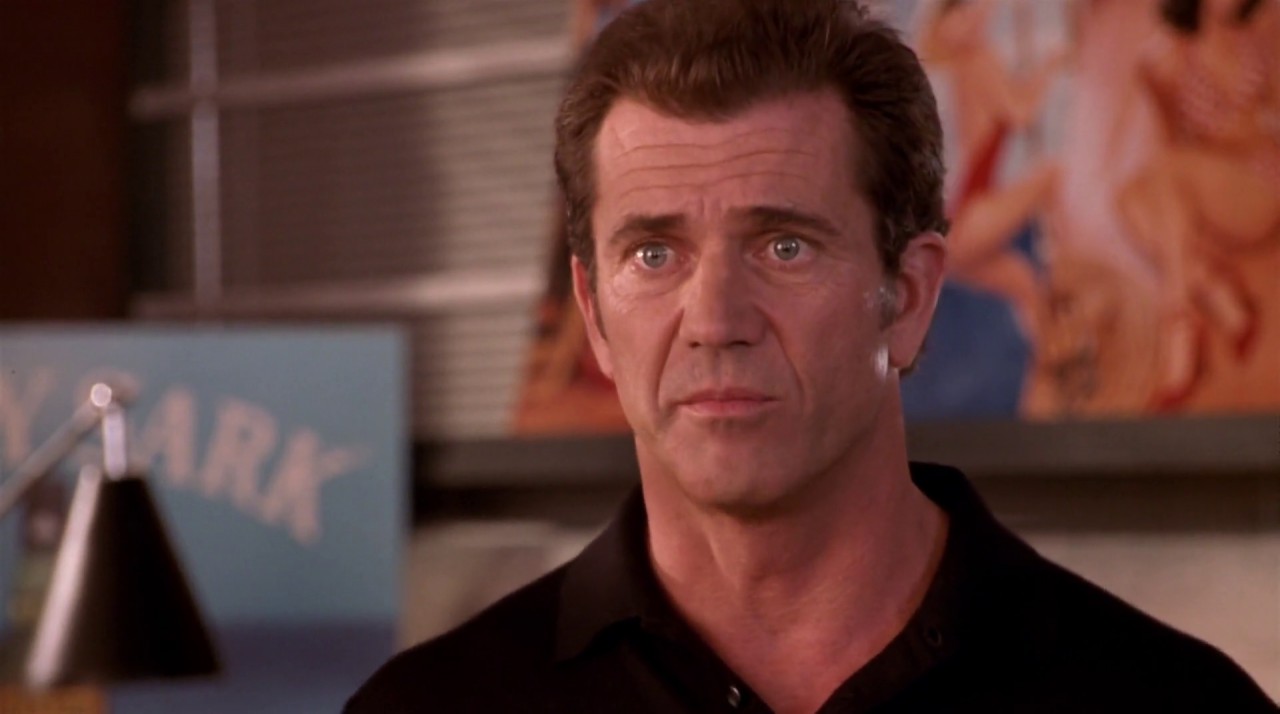22. What Women Want, directed by Nancy Meyers
I’ll Tell You What I Want, What I Really, Really Want:
What Women (Actually) Want
Women are mysterious creatures, with the inner workings of a lady often as complicated to herself as those around her. For men then, trying to decode this enigma, or to even more ambitiously step into women’s shoes, is a hard task.
Nick Marshall considers himself to be God’s gift to women, loved and desired by all. He is an advertising executive: successful, confident and attractive. He breezes through the office while confidently throwing advice and greetings to any female he passes, while ignoring those unworthy of his attention. He’s a ladies man only in the sense that his belt is practically tattered with notches, but otherwise his respect and understanding of the female sex is at a distressing low. He doesn’t know what women are thinking about largely because he doesn’t care. Setting all this up is more fun for when he can hear their thoughts, courtesy of an accident involving a hairdryer, water and ladies products. Perhaps it’s another case of ignorance is bliss? Surely he would never have had so much confidence if he had known…
Obviously, the film relies on a heavy dose of surrealism and a lack of pretentiousness to pull off its conceit. And it certainly does, with wide shots of Gibson waving his fist up at the universe or lingering on his melodramatic reactions as he cackles and schemes. It’s a fun concept, exploring the age-old adage that men are from Venus, women are from Mars, coupled with the idea of mind-reading. Minds are so fascinating in the sense that there is so much going on, but the content remains completely impenetrable to anyone outside of it. This film closes that void between thought and speech, in a way that is humorous and insightful, presented as quick cuts between women’s facial reactions matching their audible thoughts. These thoughts appear as voice-overs that come and go for us as viewers, mainly for interest. It would also be pretty tiring to keep it up constantly.

Gibson is a great comedic actor and he’s completely believable and fun here. He dances, he chuckles, and at first acts so disgustingly ‘macho’, only to later explore a more effeminate side, while always losing himself in crazy abandon. Ensuring that the moral core is realised is very much dependent upon the portrayal of his own personal transformation. Thus, the film relies on the fact that despite his initial flaws, he is ultimately lovable as a character. Helen Hunt, too, is a lovely and nuanced leading lady – a talented lady boss whose competence at work is offset by a disarming vulnerability.
The electricity that sparks the (literal) shift in his mental wavelength is like some universe intervention, concerned only with teaching him a valuable life lesson. And the morals are grounded in love, selflessness and, primarily, empathy. What begins as flexing his new skills purely for selfish reasons soon becomes a love for change and connection. It’s the addiction of giving – those endorphins that stem from pure altruism – as well as a complete immersion in female thought that elicits an actual understanding. Empathising with them then becomes easier, as does thinking like one himself. Evidently it helps him to become a more open and emotional being.

If you’re looking for surprises then you won’t find them here, because this a classic romcom. When you watch this, you sign up knowing it all and anticipating the ending. But that doesn’t detract from the overall effect of the film. It’s filled with fun, but moreover it tugs on the heartstrings and has a strong moral message, ensuring that aside from entertainment, you’re left with something warm and valuable to take away.